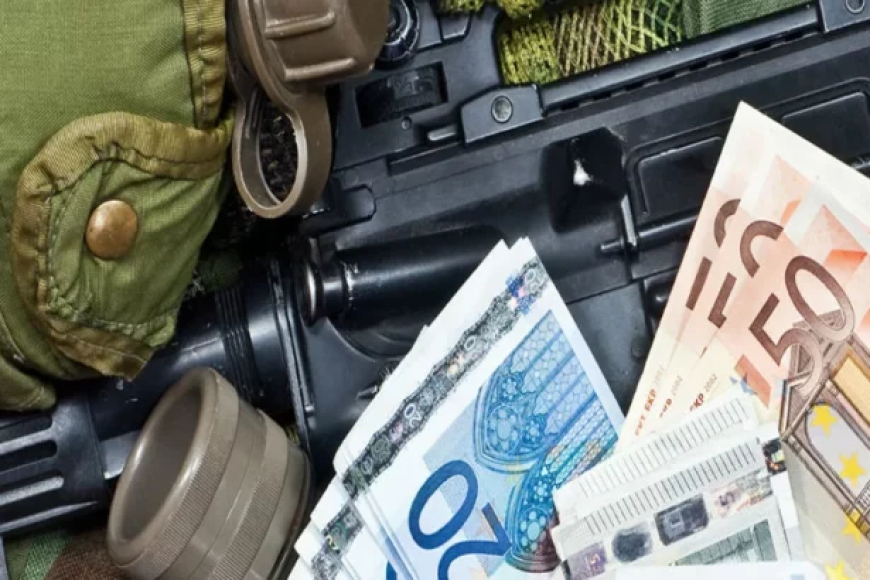Ghana’s Commitment to Combating Money Laundering and Terrorism Financing
Ghana has taken significant steps to address the risks associated with money laundering and terrorism financing, reinforcing its commitment to financial security and global compliance standards. With increasing scrutiny from international regulatory bodies, the country has implemented a series of legislative, institutional, and enforcement measures to strengthen its financial integrity.

To align with international anti-money laundering (AML) and counter-terrorism financing (CTF) frameworks, Ghana has introduced key legal reforms. The Anti-Money Laundering Act, 2020 (Act 1044) and amendments to the Economic and Organized Crime Act have enhanced the country’s legal framework by broadening the scope of offenses and improving enforcement mechanisms. These laws empower agencies to track illicit financial activities more effectively and impose stricter penalties on offenders.
Additionally, the establishment of the Financial Intelligence Centre (FIC) has played a crucial role in coordinating efforts to detect, investigate, and prevent financial crimes. The FIC works in close collaboration with banks, law enforcement agencies, and international organizations to monitor suspicious financial transactions and enhance due diligence processes.
Institutional Strengthening and Capacity Building
Ghana has also invested in institutional capacity building to improve the efficiency of its financial oversight agencies. Regulatory bodies such as the Bank of Ghana, the Securities and Exchange Commission, and the Ghana Revenue Authority have intensified compliance monitoring within financial institutions. These institutions conduct regular audits and risk assessments to ensure adherence to AML/CTF regulations.
Furthermore, training programs and workshops have been organized for law enforcement officers, judiciary officials, and financial sector stakeholders to enhance their ability to identify and combat financial crimes. Through public-private partnerships, the government has strengthened collaboration with banks and non-bank financial institutions to implement robust Know Your Customer (KYC) and transaction monitoring protocols.
International Cooperation and Compliance
Ghana continues to engage with global organizations such as the Financial Action Task Force (FATF) and the Inter-Governmental Action Group against Money Laundering in West Africa (GIABA) to align its policies with international best practices. By fostering cross-border collaboration and intelligence sharing, the country is working to prevent illicit financial flows that could fund criminal activities, including terrorism.
In recent years, Ghana has made significant progress in addressing deficiencies identified in previous financial sector evaluations. The government’s proactive approach has led to improved rankings in international assessments, signaling confidence in the country’s financial security framework.
Challenges and the Way Forward
Despite these advancements, challenges remain in fully eradicating money laundering and terrorism financing risks. The increasing sophistication of financial crimes necessitates continuous technological upgrades, stronger enforcement mechanisms, and enhanced coordination among regulatory agencies.
To sustain progress, Ghana must maintain its commitment to financial transparency, strengthen whistleblower protection mechanisms, and increase public awareness about the risks associated with financial crimes. By continuing its reform agenda and fostering global partnerships, the country can ensure a secure and resilient financial system that supports sustainable economic growth.
Conclusion
Ghana’s concerted efforts in combating money laundering and terrorism financing demonstrate its dedication to safeguarding the integrity of its financial system. Through robust legal frameworks, institutional reforms, and international cooperation, the country is steadily strengthening its defenses against financial crimes, positioning itself as a trusted player in the global financial ecosystem.
What's Your Reaction?



















































































